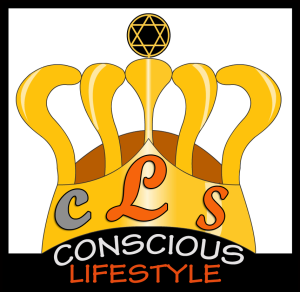Blog
Hellenistic – ancient greece
- March 10, 2013
- Posted by: admin
- Category: Europe Political system
The Hellenistic period covers the period of Mediterranean history between the death of Alexander the Great in 323 BC and the emergence of the Roman Empire as signified by the Battle of Actium in 31 BC and the subsequent conquest of Ptolemaic Egypt the following year…
The meaning of Hellinistic:
Historians call this era the “Hellenistic period.” (The word “Hellenistic” comes from the word Hellazein, which means “to speak Greek or identify with the Greeks.
What happened during the Hellinistic period?
During the Hellenistic period Greek cultural influence and power reached the peak of its geographical expansion, being dominant in the Mediterranean World and most of West and Central Asia,
even in parts of the Indian subcontinent, experiencing prosperity and progress in the arts, exploration, literature, theatre, architecture, music, mathematics, philosophy, and science.
It is often considered a period of transition, sometimes even of decadence or degeneration, compared to the enlightenment of the Greek Classical era.
Hellinistic period was a period of decadence:
Hellinistic period surfaced its negative immoral behaviors of decadence among the Greeks, which sought to entertain the pleasures of the flesh.
The nakedness of the body, homosexual behaviors, sexuality, humanism, the exploiting the wild desires of erotic pleasures, wild parties of orgies among the elites, bestiality, pedophilia,
And through democracy, the Greeks used that term to ligalize and freely express their immoral behaviors, disregarding the moral biblical principles of the Torah.
An academy which promotes the doctrine of decadence:
Hedonism type of academic studies and school of thought that argues seeking pleasure and avoiding suffering are the only components of well-being.
Through this academy, the prominent citizines of the Greek society studied the different forms of ways on how to seek the pleasures of the flesh,
Bestiality, homosexuality, pedophilia, sexuality etc, were taught, exploited and used as teaching materials that governed the mindset of participants in the academy.
They were Greek-speaking Jews of the Diaspora, who returned to settle in Jerusalem. To identify them, Luke uses the term Hellenistai.
